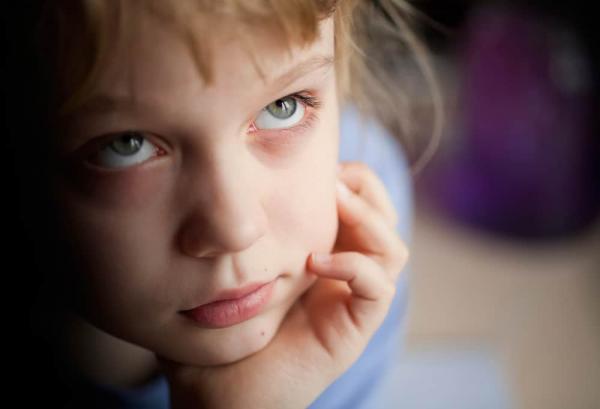
This holiday, was your child good at enjoying gifts but not so good at saying "thank you?" One grandmother said, "I feel like enclosing a self-addressed thank you card with the gifts I give my grandchildren. Most of them never even acknowledge receiving them." Another grandmother said she felt a little like including a note with her gift that said, "If you want a gift next year, you'll thank me for this one." She wasn't serious, but comments like these reveal how disappointing it can be when children neglect expressing gratitude to loved ones.
Here are five ways to teach your kids to say "thank you:"
1. Make sure your kids know who their gifts are from
Sometimes in the rush of opening presents, children fail to consider who gave their gifts to them - along with any thought that went into those gifts. They may quickly set gifts aside and go on to the next ones. Help children take the time to relish their gifts. Express how thoughtful the gift givers are. Even if kids don't particularly like their gifts, help them understand that other people took valuable time to send gifts to them out of love.
2. Help your children make lists of the gifts they received - along with who gave them
The sooner you do this, the better. Kids forget, and so do you. Sometimes, even just a few hours later, kids say, "Who gave this to me? I can't remember." Jot things down.
3. Help children start writing thank you cards to those on their lists within a few days
Buy or - better yet - make some cute cards ahead of time so they'll be ready after the celebrating is over. Kids should be part of making these cards. This will mean more to the receiver. There are many cute card ideas on Pinterest. This is a great way to fill some hours if the kids have a few days off from school.
4. Encourage kids to call grandparents or other loved ones who gave them gifts
When a child is small and inexperienced, this can be hard, so prepare them in advance to know what to say. For instance, you may suggest they hold the gift in their hands when they're talking and tell what they like about the gift. Even something as simple as, "I like the Lego set you sent me. I can hardly wait to put it together." Or, if the gift is an article of clothing, have the child put it on and wear it during a Skype or FaceTime call. That will put a big smile on the giver's face.
5. For the little ones, help them write thank you notes to Santa
Explain how happy a card will make him. Many children write letters to Santa telling him what they want for Christmas. Now, it's time to thank him for what he brought them, even if it wasn't exactly what they asked for. This teaches children to be grateful for whatever they receive, whether from Santa or someone else.
6. Let your children see you writing your own thank you cards
Be sure to take the time to write a special thank you card to your kids for any gifts they gave you, no matter how simple they may have been. Your kids will feel the joy of receiving a thank you card and will be more willing to bring that joy to those who gave them their gifts.
Help your children understand that while feeling grateful for a gift is good, letting gift givers know that gratitude is even better. Well-known author, William Arthur Ward, said, "Feeling gratitude and not expressing it is like wrapping a present and not giving it." Sincere thanks is a gift that will be cherished in the heart for years to come.

